
Sustainability at Jalsa Salana UK
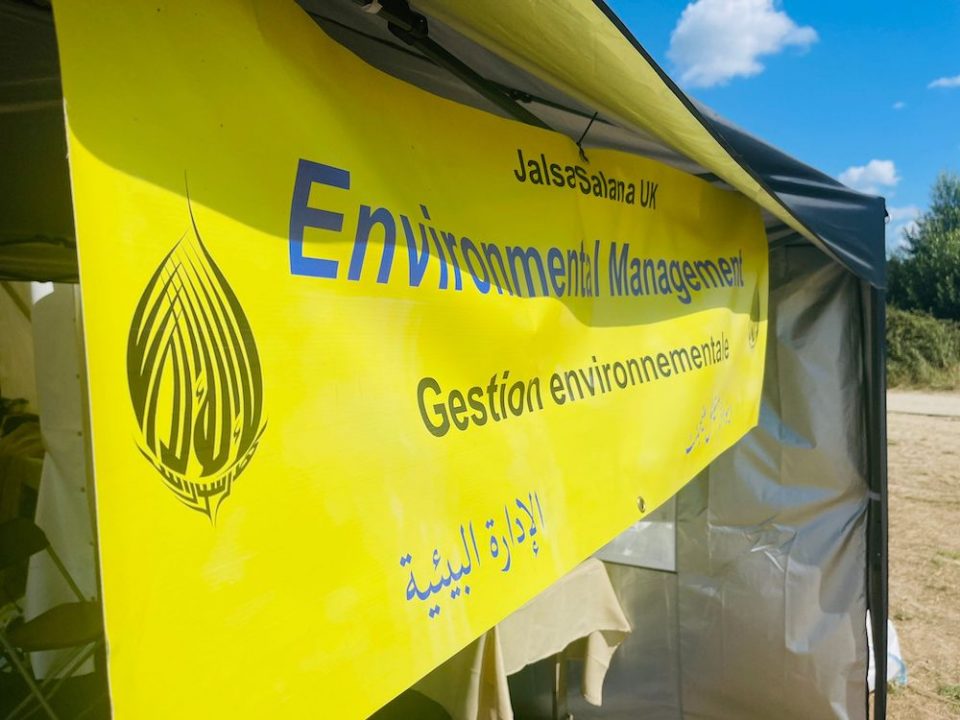
RoR Women’s Team
As the summer sun blazed over the British countryside, the annual Jalsa Salana UK unfolded, drawing over 40,000 attendees for a weekend of spiritual upliftment, community bonding, and reflection. Unlike other large festivals that focus on enjoyment and leisure, Jalsa Salana is a profoundly spiritual gathering designed to enable every attendee to personally experience religious benefits, enhance their knowledge, and deepen their connection with God.
Islam encourages mindful living and respect for the environment, as exemplified by the teachings of the Holy Prophet Muhammad (sa), who emphasised the importance of conserving resources and reducing waste. The Holy Prophet (sa) said, ‘The world is sweet and green, and verily Allah is going to install you as vicegerents in it in order to see how you act‘ (Sahih Muslim).
Certain measures have been put into place at Jalsa Salana UK to make the event environmentally friendly.
Organisers’ Office
The Ladies’ office was our first point of call to seek more information on what implementations are in place to make Jalsa Salana more environmentally friendly. We were told that a whole department has been established for this purpose: ‘Environmental Management.’
However, even within the office, efforts are being made to reduce paper use and be as paperless as possible. Whilst we spoke to one of the organisers, we saw that she was having her morning tea in a paper cup.
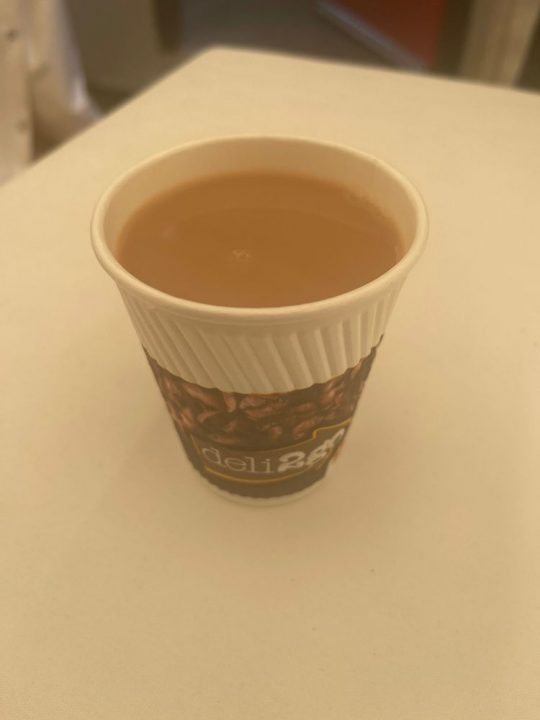
Furthermore, we were informed that messages were circulated prior to Jalsa Salana asking all Jalsa attendees to bring their own water bottles which can be used in place of single use cups. This has was noted and observed, with adults and children alike were often seen sporting their personal water bottles.
Environment Management
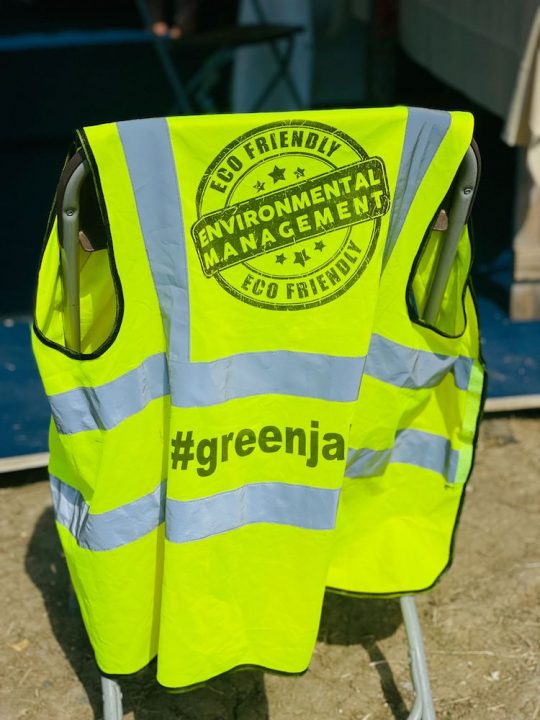
This department is responsible for managing recycling at Jalsa Salana. Their aim is to prevent recyclable materials from being put in the black bins, which is for general waste and goes to the landfills.
19 metal bins containing 2 sacks each were placed strategically for different departments to collect cardboard and plastic bottle waste. The Environment Management team then went around collecting these and gathering them in one place to be recycled.
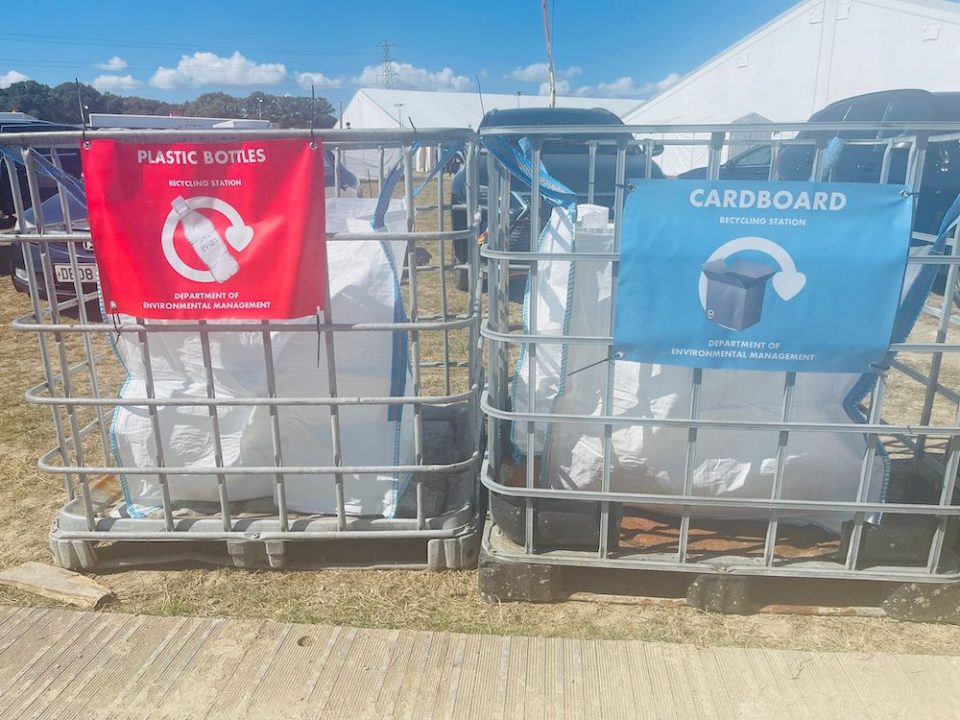
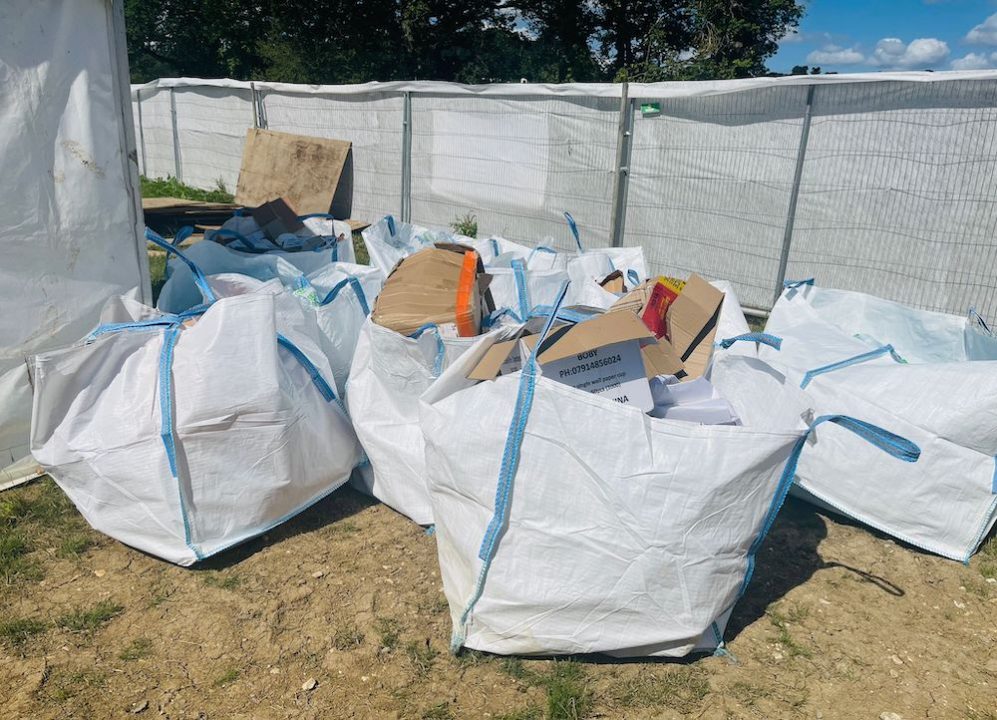
Departments such as dining, bookstall and tuck shops have a lot cardboard packaging waste which was all being recycled. We’re told that all departments were very receptive and cooperated very well by separating their recyclables.
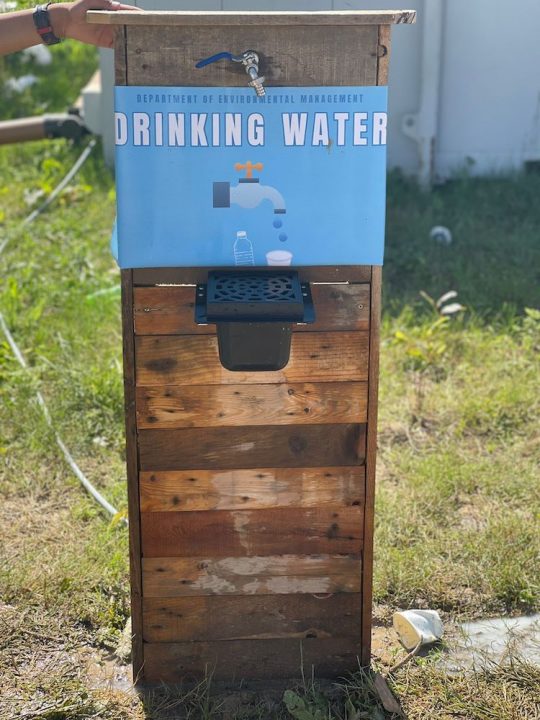
The future aims for this department are to expand their team, raise more awareness and get all the Jalsa attendees to recycle.
Dining Marquees
Feeding thousands of attendees is a huge undertaking but doing it in a more environmentally friendly way is also a great challenge. Only paper bowls and cups and wooden spoons were used. The plastic water bottles that were used in the food marquee and generally on site were all fully recyclable. Tea stalls also served hot beverages in paper cups.
Pre-loved Zero Waste Shop
At the Women’s Jalsa Bazaar a pre-loved shop was also set up.
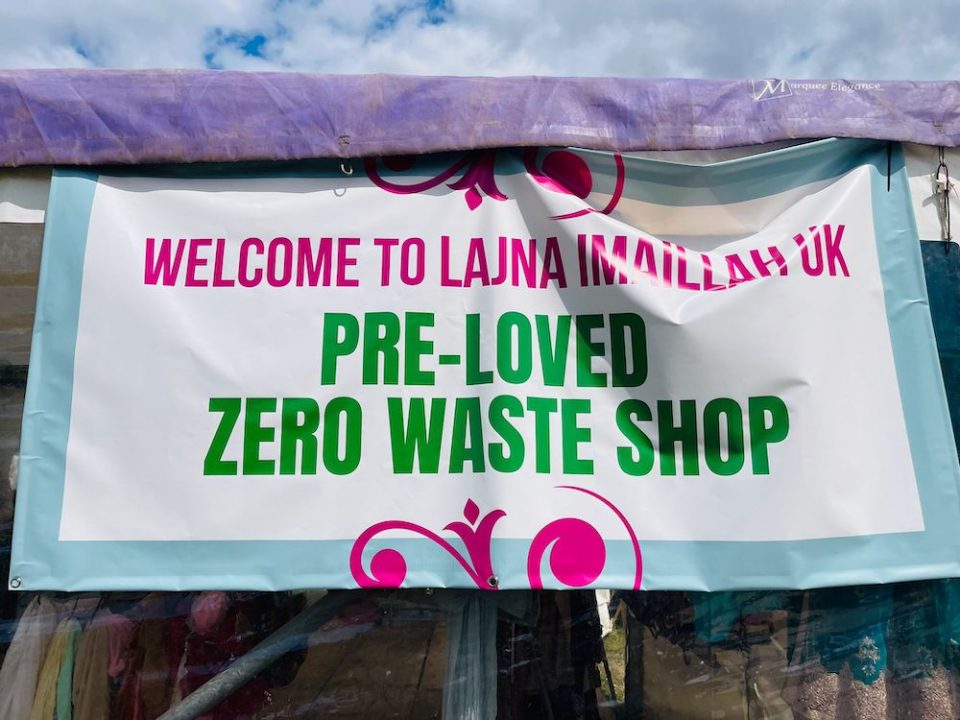
The ‘shop’ was very well stocked, showcasing lightly used and new outfits for women, men and children – from wedding attire, to dresses and shoes along with various accessories and knickknacks that were available too.
Although this has been in place for many years, this year the shop underwent somewhat of a rebranding. With overconsumption at an all time high, the Zero-Waste Pre-Loved Shop seems to be the perfect way to bring in sustainable solutions to the Bazaar.
The shop was well received with 30% of the stock being sold on day 1! The shop not only provided a way to rehouse pre-loved items rather than ending up in landfills but with prices kept low, the bazaar became accessible to all.
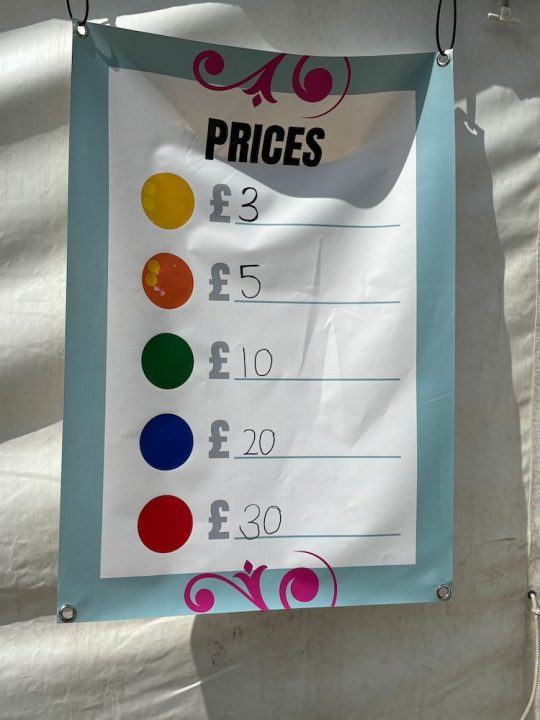
Reducing Plastic Bottles
At the water distribution marquee, duty holders told us that they estimated around 1000 bottles of water being used at the ladies site each day, but instead of discarding the bottles once they were used, they collected them and refilling them at water troughs to reuse. This Jalsa was particularly hot and attendees needed constantly needed to cool down with some water, so this very “green” proved very necessary.
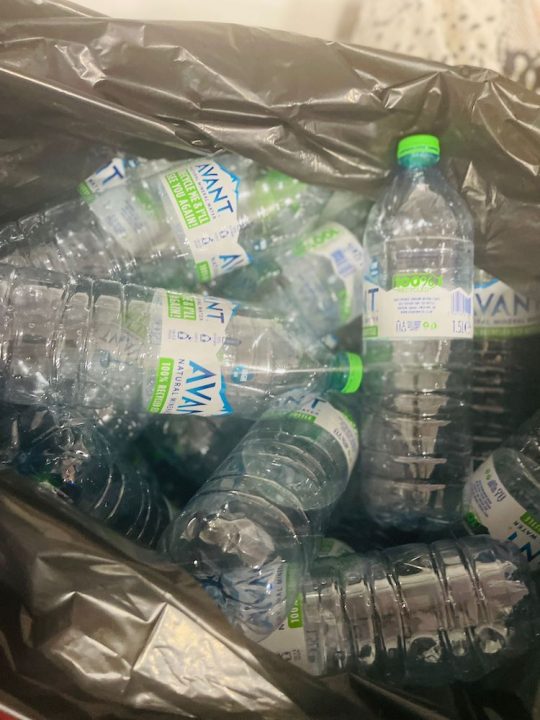
This Jalsa was truly a reflection of the following words of the Fifth Caliph and Worldwide Head of the Ahmadiyya Muslim Community, His Holiness, Hazrat Mirza Masroor Ahmad (aba): ‘Generally, as much as possible, we should use recyclable products. At the events of the Ahmadiyya Muslim Community there is usually a team dedicated for ensuring good hygiene. One of their responsibilities is to ensure that the environment and the facilities should be kept as clean and tidy as possible and they should clear rubbish in an appropriate and environment-friendly way.’



